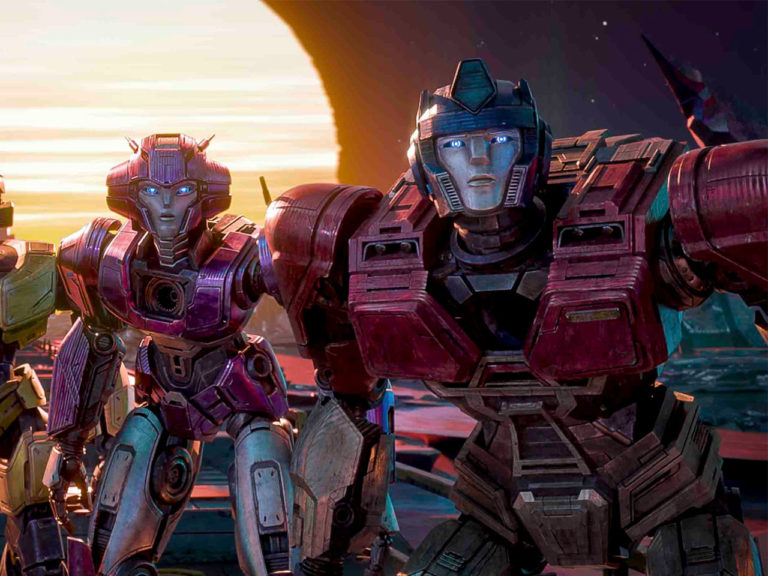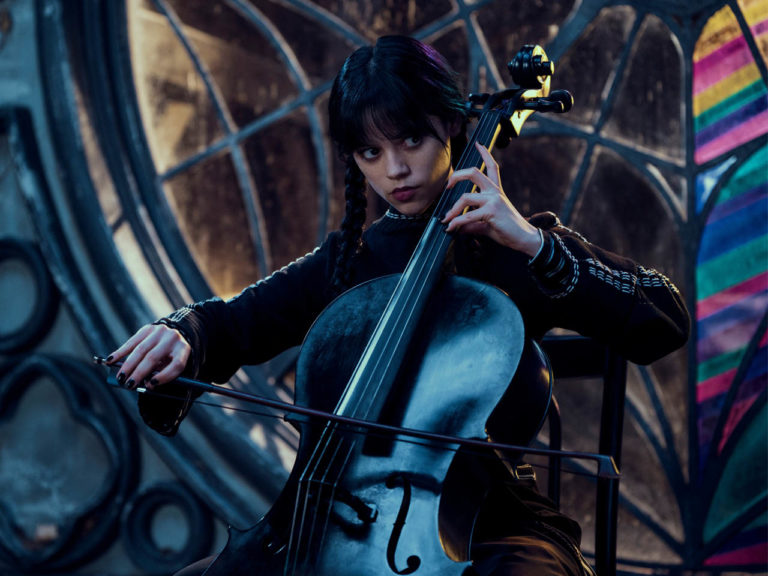

Okay, so what do we all actually think about Flashpoint?
I don’t think I ever found a consensus on the story. From reviews at the time, I got the sense that people thought it was an interesting event that was weighed down by its stakes and scale – never able to live up to its potential as a twisted, backwards reality of the DC Universe as it stands. That being said, I had a great time when I first read it; and it’s hard to deny its impact, either. The story led into the infamous – if critically successful – New 52, and the event has been adapted into both an animated movie and a story arc on the CW’s The Flash television show. Hell, whenever the new Flash movie is discussed, the prospect of Flashpoint is always under the surface, as if the story’s adaptation is inevitable. Whether you like it or not, Flashpoint is one of DC’s most impactful comics in the last ten years – so in some ways, it makes sense that this Dark Multiverse entry feels the most respectful to its source material so far.

Dark Multiverse: Flashpoint is written and illustrated by Brian Hitch, and I have to say? This guy really grows on you! One of my earliest reviews (a Year of the Villain Lex Luthor special) was illustrated by the man, and while I had fun with that issue, I wasn’t huge on his artwork at the time. After a year of work, however – and seeing his art now and then when I’d glance through The Batman’s Grave – I find myself much more receptive to how he portrays his characters. While some poses still feel somewhat disproportionate (I especially don’t like how small he often makes his characters’ heads), and some action scenes feel somewhat stiff, I ultimately have a lot of appreciation for the detail you can see in each of his panels. The effort he puts into his craft is beyond obvious.

In particular, I think Hitch has an excellent understanding for the nuances of “acting” in his characters. While he is working in a world of gods and heroes, he has an acute understanding that at the core of it all, these characters are still people. The length of this comic allows for many scenes of quietude, where the change in expression (or lack thereof) is all you need to understand the gravitas of a moment. It’s very well done, and its impact has turned me around on Hitch’s skill as an artist.

As for the writing, I’m pleased to report that the quality carries over. I’m not always a fan of Hitch’s writing, either – I could never get into his Justice League content – but here, I think there’s a lot to like. The Dark Multiverse stories can go one of a number of different ways: sometimes, they portray a world far in the future from its original story, and other times, they show the same event going in a vastly different direction. Here, Hitch takes a very logical approach. By changing one simple thing – Barry dying while trying to recreate his powers and summoning the Reverse Flash in the process – he slowly and methodically works through the butterfly effect of that single event, laying out where he believes the story would go from there. It all makes a lot of sense, and it’s definitely one of the more coherent Dark Multiverse comics as a result.

Meanwhile, the introspective approach to Flashpoint paints a wonderful picture. There’s spectacle here, because of course there is, but the most intriguing part of the story is how Hitch revolves the entire issue on the emotional journey of the Reverse Flash. This was a fantastic decision – Reverse Flash is one of my favourite villains ever, and to finally cover a book that really dives into his psyche is a complete treat for me. We’ve all been at a point in our lives where we want to be driven by spite, and everything Eobard Thawne does seems to only exist to embody that feeling. Can you imagine living your whole life for the sole purpose of twisting someone else’s, and taking immense joy in that fact? I picture doing that to the guy who cut me off in a line at the store, so there’s a tiny part of me that wants to live vicariously through this guy’s despicable (if campy) actions. But what happens if the object of your vengeance is out of the picture? How do you move forward, when there’s no one around to work to defeat? This is the question the Reverse Flash has to ask himself in this issue, and he answers it in a way that’s equal parts disturbing as it is… oddly sweet. It’s a combination that makes for a compelling read, and a follow-up to Flashpoint that gels well with the source material.

Recommended If:
- Reverse Flash is a villain you can’t get enough of, and you want a comic where he’s in practically every page!
- You like the dark world that Flashpoint created, and you’re curious about how that might look if it went in a different direction.
- Brian Hitch’s work excites you, rather than puts you off – I’ve seen people in both camps, but I think he’s done something pretty damn good here.
Overall
I had a really good time with this one! Parts of it reminded me of the limitations of Flashpoint – really, what can you do with Wonder Woman and Aquaman – but it’s not like this is a story about them anyway. This is about Reverse Flash, his need for control and supremacy, and what happens when his nemesis is taken away from him. Give this a read if you want a “What If?” that knows what it’s asking the audience – and has an answer that’s disturbingly satisfying.
Score: 8/10
——————
Disclaimer: DC Comics provided Batman News with a copy of this comic for the purpose of this review.
Author’s Twitter: @ObnoxiousFinch


